 A few thorny issues encountered: WEARING RESEARCH LIGHTLY It is tempting, when your research has thrown something idiosyncratic about a particular period, to try and weave it into your narrative come what may. Take for example the fact that in the sixteenth century red crosses were painted in the corners of palace courtyards (their purpose was to prevent people from urinating, as they would be loathe to defile the holy sign) or that the Tudors only rarely ate with forks (they were a continental innovation and thought rather feminine). These kind of facts are interesting and can be used to build a sense of time and place but they also require the kind of explanation that might not easily fit into a narrative. They can be used to demonstrate character: a character witnessing someone urinating on a red cross might be shocked by the sacrilege, or a person dining with a fork might be seen as eccentric or well-travelled. However, the danger of overloading a narrative with these kind of details, which would have been commonplace in the period, risks pulling the reader out of the story. For me they usually end up on the cutting room floor. THE PROBLEMS OF BACKSTORY One of the greatest challenges when writing about characters set in history is conveying background information. Sometimes characters have very complex histories that are significant to the narrative but finding ways to fit this information into the story without affecting the flow can be difficult. Old Hollywood movies often used the technique of a rolling text, or voice-over to set the scene, and there's nothing preventing novelists from employing a written equivalent, but it does seem a little clunky and old-fashioned. Readers often don't want to wade through a history lesson before they get to the story and editors always advocate grabbing the reader from the off, which often means writers must drop background facts in later. I struggled with this in my latest novel, Sisters of Treason which is about the younger sisters of Lady Jane Grey. It was important for readers to know the complex political path that led to Jane becoming Queen and why she was executed, but as she died in the opening scene this proved challenging. After many scored out paragraphs with marginal notes like 'too much information' I thought I should convey the history through a conversation between two characters. My problem was that all my characters would have had no reason to discuss such things; they would have known already why Jane had come to the throne and subsequently died. I finally opted to use my youngest protagonist, the only one who might not have been party to the full facts, nine-year-old Mary Grey who quizzes her mother as to the reasons behind her sister's fate. It's a tricky balancing act as any false note will distract the reader. ANACHRONISMS I'm lucky enough to have a very thorough copy editor, who always points out, with exceeding tact, my use of glaring anachronisms. Common traps are things that wouldn't have existed in the period. Everybody knows that there were no potatoes in England until the late sixteenth century but I for one didn't know that a marmoset was a species of monkey that originated in the Americas until it was pointed out to me. Fact checking and research will usually deal with such details and if something does slip through you can be sure a reader will take the time to write and inform you of your error. But there is a more insidious form of anachronism, the more subtle question of linguistic usage. Language is inherently anachronistic and if writers of historical fiction only used language authentic to their period no one would read their books. However, there are certain terms and words that simply don't work, for example if your setting is Early Modern England and you describe a humiliating defeat as a 'fiasco' you risk sounding inauthentic. 'Fiasco' is nineteenth century and sounds it (it also always reminds me of Martin Amis's 'Ford Fiasco'). The medieval term 'calamity' would be more correct but doesn't have the connotations of humiliation (plus it carries the burden of 'Calamity Jane' which makes it seem American); the Elizabethan 'catastrophe' is, well, too catastrophic. 'Debacle' though its first recorded usage is 1795, for me, conveys the relevant atmosphere, without sticking out like a sore thumb, though not everyone might agree. That brings me to idioms: be absolutely sure to verify their origins too. Such things may seem insignificant but they make a difference to the reading experience. SHOCKS AND SURPRISES Beware events that may shock or surprise your readers but which your characters wouldn't give a second thought to. Obvious examples are the horrific punishments meted out in earlier times. The public nature of punishment was to act as a deterrent and to see someone convicted of treason going through the torture of being hung drawn and quartered is likely to have struck the fear of God into the spectators as well as being an entertainment of sorts (I think of it as an equivalent to watching a horror film). We might see it differently; as inhumanly brutal and a terrible injustice perhaps, and certainly never entertaining, but it's unlikely a contemporary character would share our feelings. The death of a baby in a time when infant mortality was commonplace would have had a different effect than it would now that it is rare. domestic violence would have been unremarkable in a time when it was sanctioned by the state that husbands could beat their wives with a stick no thicker than his thumb but not to the extent that he caused her death. The examples are numerous and in my opinion it is always important to remember how a modern reader will interpret such events. A woman who is sad but not devastated by the loss of a baby would come across as hardhearted to readers now, and so a compromise needs to be struck between the past and the present. For me all these issues are about balance and keeping the reader in the world of the story but that can, at times, require some cunning prestidigitation.
0 Comments
Leave a Reply. |
Subscribe to Elizabeth's quarterly newsletter below:Archives
June 2018
Categories
All
|
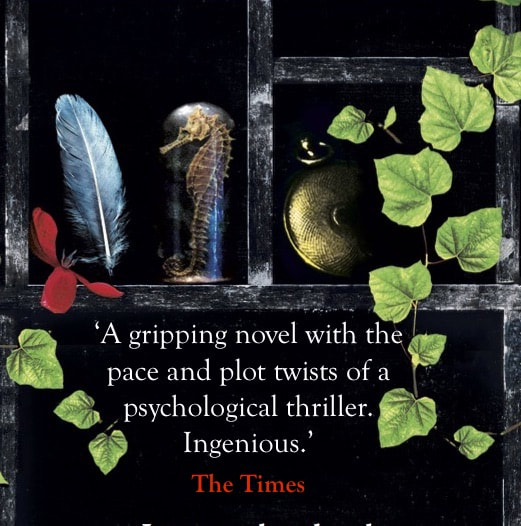
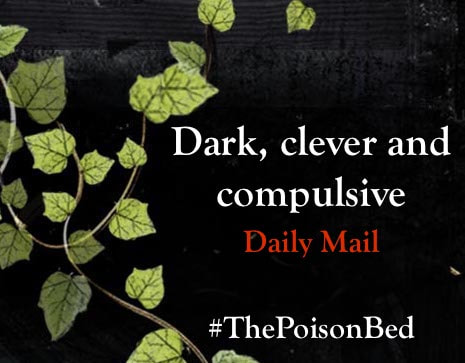
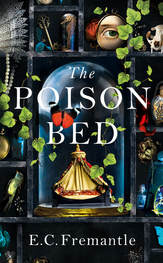

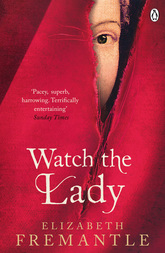
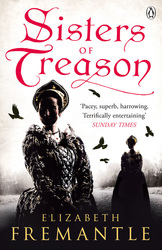
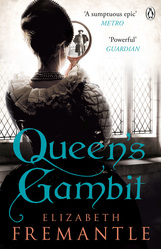
 RSS Feed
RSS Feed
